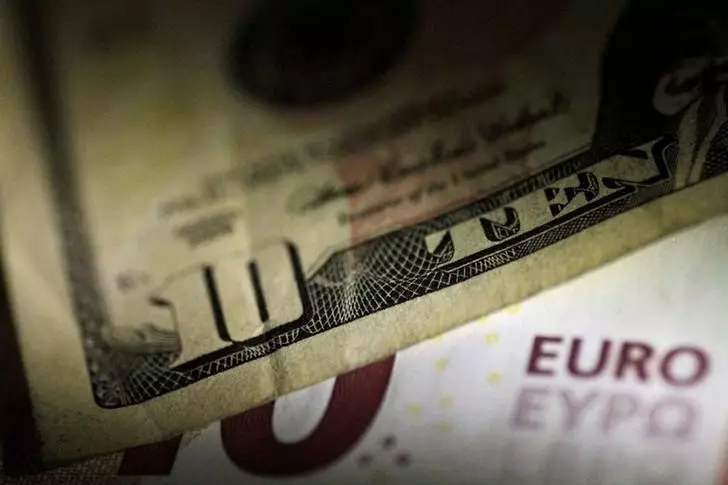Political turmoil can have a significant impact on currency exchange rates, as seen in the recent fluctuations in the U.S. dollar and euro. This article will analyze how political events can influence the value of currencies and what investors can expect in the coming weeks.
The U.S. dollar slipped marginally on Friday, while the Dollar Index, which tracks the greenback against a basket of six other currencies, traded 0.1% lower at 105.125. Despite small losses, the dollar is on course for gains this week after the Federal Reserve left the funds rate on hold at 5.25%-5.5%. However, weaker-than-expected consumer and producer prices, along with an increase in new claims for unemployment benefits, have limited these gains. Goldman Sachs continues to expect a rate cut in September and December, despite the Fed’s projections showing only one rate cut in 2024.
Euro’s Decline
The euro also fell, with EUR/USD down 0.3% at 1.0708, heading for weekly losses amid political turmoil in the region. Far-right parties made gains in European Parliament elections, prompting French President Emmanuel Macron to call for a snap election in France. This led to a decline in support for President Macron’s party and contributed to the euro’s losses. Consumer prices in France rose slightly in May, but EU-harmonized inflation accelerated in comparison to previous readings.
GBP/USD fell 0.2% to 1.2729, despite heading for small gains this week. Stronger-than-expected inflation data in Britain prompted investors to delay their bets on the start date for Bank of England rate cuts. The upcoming May U.K. CPI release and the Bank of England’s policy meeting will provide further insight into the direction of the pound in the coming weeks.
In Asia, USD/JPY traded 0.3% higher at 157.56 after the Bank of Japan’s plans to tighten policy disappointed markets. The uncertainty surrounding central bank policies in Asia adds to the volatility in the currency markets and can impact exchange rates.
Political turmoil and economic data play a crucial role in influencing currency exchange rates. Investors should keep a close eye on political developments and economic indicators to make informed decisions when trading currencies. The recent movements in the U.S. dollar, euro, British pound, and Asian currencies highlight the impact of political events on exchange rates and the need for vigilance in the ever-changing global market.

